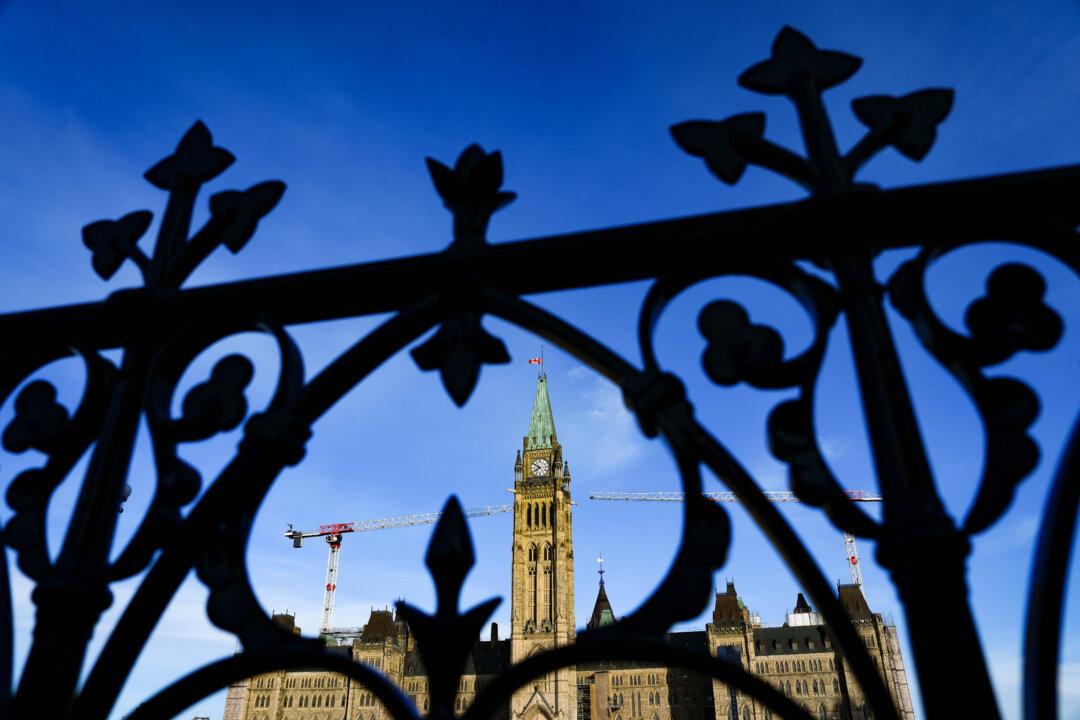Ottawa has spent $2.2 million in its lawsuit against groups seeking damages for the invocation of the Emergencies Act in response to the Freedom Convoy, according to the federal government.
The information came in response to an Inquiry of Ministry by Conservative MP Marilyn Gladu, who asked for the total legal costs incurred by Ottawa in responding to a lawsuit against four groups challenging the Feb. 14, 2022, invocation of the Emergencies Act. The four groups in the lawsuit were Canadian Frontline Nurses, the Canadian Constitution Foundation, the Canadian Civil Liberties Association, and individuals Jerimiah Jost, Edward Cornell, Vincent Gircys, and Harold Ristau.





